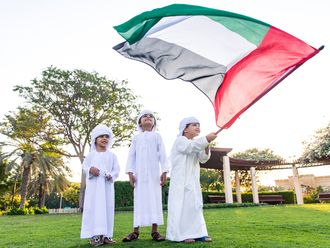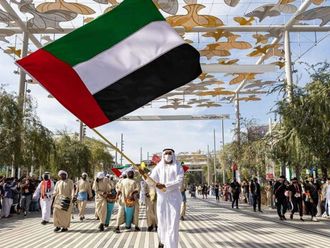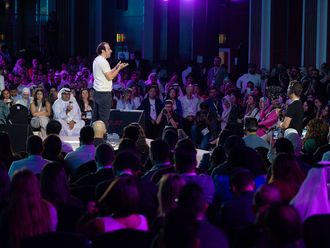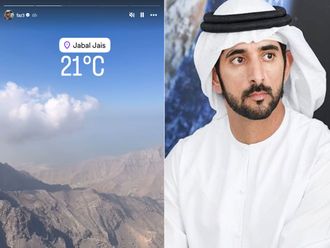Dubai: When Jaamiyat Al Islah or Al Islah Society became a registered non-governmental organisation in the UAE in 1974, it originally confined its activities to sports, culture, charitable work and social activities. Al Islah means ‘reform’ in English.
However, it became increasingly apparent over the years that the organisation had developed its own political agenda, an agenda that was not “home-grown” but rather drew its inspiration from the Muslim Brotherhood.
Ali Rashid Al Nuaimi, an Emirati academic and former member of Al Islah, wrote in a piece for the Middle East website Al Monitor, in October 2012: “Al Islah was formally created in 1974. However, its origins date back to the 1960s, when a number of Egyptian teachers, members of the Muslim Brotherhood, came to work in the UAE and began to recruit young Emiratis. Al Islah was later created as a cover for their activities, which were, in reality, directly linked to the founding organisation in Egypt.”
Al Islah society was dissolved in 1994 by the UAE authorities for supporting militant groups in Egypt. Mansour Al Nuqaidan, a Saudi writer who spoke to Gulf News for a report in April this year, quoted Mohammad Bin Ali Al Mansouri, another former member of the Islah Society’s board, to explain: “Islah society had been dissolved back in the 1990s after a complaint from Egypt that it provided financial support to Al Jihad militant group, which was affiliated with the Muslim Brotherhood and was involved in terrorist acts.”
In early 2012, it became apparent to the UAE authorities that certain individuals associated with Al Islah appeared to be engaged in a number of secret activities and were maintaining financial, organisational and political relationships with people outside the country.
The society was found to be highly organised in structure, which included a consultative (Shura) council comprising an assembly of key players. It also included boards of directors, a general secretariat, along with committees and subcommittees. There was a parallel female organisational structure that followed the male organisation. Most members of the movement were apparently recruited during high school or college years.
Tharwat Al Kherbawi, an Egyptian lawyer who has written memoirs exposing the secrets of the Muslim Brotherhood after he left the movement, while addressing a recent symposium titled ‘Challenges and threats posed by the Muslim Brotherhood to the UAE and countries of the Region”, said: “Emirati members of the Muslim Brotherhood take a proxy allegiance oath, wherein these members swear allegiance before another veteran leader in the UAE, who in turn swears allegiance before the Supreme Guide in Cairo.”
He said the young initiates were taught that joining the movement was a religious obligation, like prayer, and that the supreme guide is above any mistakes. “These novices are raised on obedience and allegiance to the supreme guide, accepting no critique of him or his acts. They are taught to regard the movement as their home and that standing to the national anthem of their country is polytheism,” he added.
This allegiance to the ideas and ideology of an externally based organisation represents a direct challenge to the principle of loyalty to the state, whether it be the UAE or elsewhere. When this became obvious, the UAE government began to take measures to protect the core values of its people and identity.












